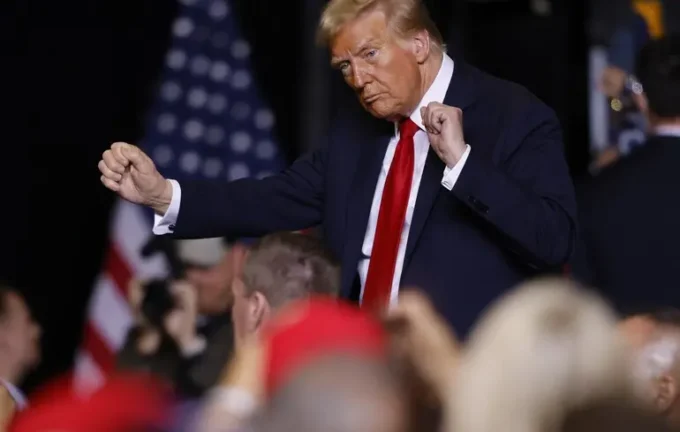Congress Passes Major Legislation Under Trump: Political Battles and Long-term Impacts on the USA

A significant new legislative act, dubbed the 'Great Beautiful Bill,' has recently become a landmark in American politics, culminating in its signing into law in late June 2024. This massive bill, the largest in recent years, encompasses a broad range of domestic policies and financial reforms. The House of Representatives, controlled by the Republican Party, supported this multi-trillion-dollar legislation with a clear majority and sent it to President Donald Trump for signature, wrapping up a tense four-month process of negotiations. The law proposes substantial tax cuts for the wealthy and corporations, while increasing spending on defense and migrant deportation programs. It sparked intense debates and political conflicts in both the House and the Senate, where Republicans managed to unite behind a cohesive internal policy aligned with Trump’s agenda. The legislation includes provisions to cut over $900 billion from Medicaid, while allocating trillions of dollars to military spending and immigration enforcement. The vote resulted in 218 in favor and 214 against, illustrating strong political resolve and support, even amid vigorous opposition from Democrats. Notably, only three Republicans—Randy Paul, Tom Tillis, and Senator Susan Collins—opposed the bill. President Trump personally called lawmakers and even issued threats via social media to sway wavering members. Heavy political pressure and personal negotiations facilitated the final approval. The bill also raises the federal debt ceiling by $5 trillion and extends key tax benefits introduced in 2017. It includes temporary eliminations of taxes on tips and overtime pay, significant military expenditures, and reductions in social assistance programs. According to the Congressional Budget Office, the legislation could increase U.S. national debt by approximately $3.3 trillion over the next decade. Politically, this unprecedented move demonstrates the Republican Party’s unity and determination amidst internal divisions, aiming to leave a lasting legislative legacy impacting America’s economy and internal political landscape for years to come.

